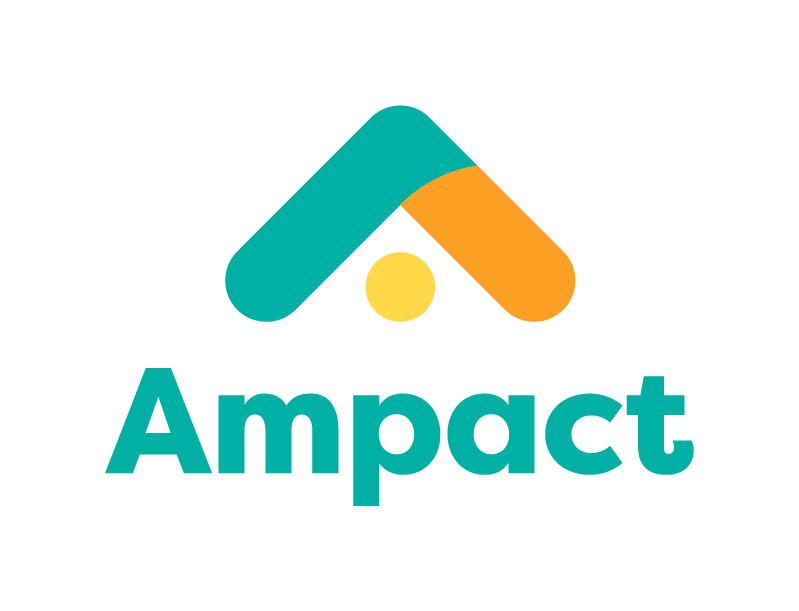Climate Impact Corps Alum Speaks at the White House
Gerilyn on the far right accompanied left to right by moderator Brenda Mallory, panelists Marissa Aho and Dr. Atyia Martin.
When Gerilyn started serving with Climate Impact Corps in 2021, she never imagined that the experience would lead her to speaking at the White House, but that’s exactly what happened!
In late September, Gerilyn was invited to participate in a panel at the White House Summit on Building Climate Resilient Communities. Gerliyn served at Mahube-Otwa Community Action in Detroit Lakes, Minnesota and shared her experiences from there in the panel discussion about building climate resilience from the ground up.
Moderated by Brenda Mallory, Chair of the White House Council for Environmental Quality, other panelists included Marissa Aho, climate director for King County, Washington, and Dr. Atiya Martin, founder of the Black Resilience Network. The discussion opened with moderator Mallory sharing that, “When he (President Biden) thinks of climate, he thinks of jobs and innovation and turning peril into progress.” Panelists were then invited to talk about their work with AmeriCorps.
Gerilyn discussed her service with the Home Energy Initiative of Climate Impact Corps, and how weatherization not only saves energy and money for consumers and utility companies, but also improves health by providing better indoor air quality.
She also explained how AmeriCorps helped her launch a new career. “The skills and trainings that I experienced and received during my AmeriCorps service got my foot in the door in the weatherization industry and equipped me with the skills I need to secure my current position as a weatherization auditor at Mahube-Otwa,” she said.
When asked how people can support building more climate resilient communities, Gerilyn stressed the importance of welcoming new generations into the conversation, listening to their voices, and preparing them to be able to make an impact. “The immediate need for this situation is going to be providing hands-on training for those interested in clean energy which can also make homes more resilient during extreme weather events,” they said. “We need more people in our positions to come and see what we do and see how we can help low-income households and the people on our reservations.”
If you are interested in helping build more climate-resilient communities, join Climate Impact Corps! Visit Ampact.US/climate to learn more.



